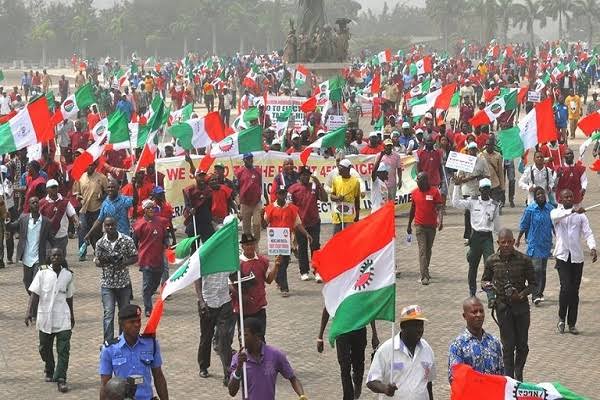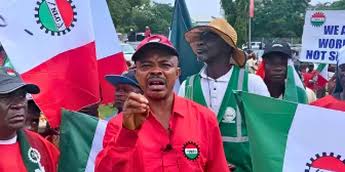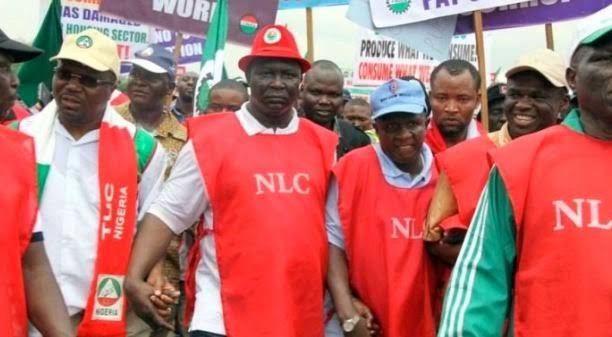There is a strong call from the Nigeria Labour Congress (NLC) for the recent rise in petrol prices by the Nigerian National Petroleum Company Limited (NNPCL) to be undone right away. Following the big increase in fuel costs, which has caused a lot of worry and anger among Nigerians, this call to action was made. People are more likely to join the NLC because the price increase has made daily life very hard for many people, especially since fuel shortages have made things even worse.
As of late, the NNPCL raised the price of gasoline from #568 per litre to between #855 and #897 per litre, based on where you live. The average Nigerian, who is already having a hard time with the high cost of living, has had to pay a lot more because of this big rise. As Nigeria’s largest labour organisation, the NLC has spoken out strongly against this price increase, saying that it is unfair and will hurt the lives of ordinary Nigerians.

The NLC’s call for a change comes from the fact that many Nigerians are having a hard time with their finances. Nigerians have been unhappy about fuel prices for a long time, and changes in prices often make a lot of people angry. People are already having a hard time because of the lack of fuel, and the new price increase makes things even worse. Long lines at gas stations, more activity on the black market, and higher transportation costs are all effects of the lack of supplies that hurt low-income families the most.
The NLC says that the price increase is unfair and cannot be tolerated. They say that the price increase makes things even worse for Nigerians who are already having a hard time with inflation, unemployment, and other economic problems. People in the group have asked the government and the NNPCL to think again about the price increase and take steps to make things easier on people’s budgets.
Furthermore, the NLC is calling for a change of heart and for the management of the country’s fuel sector to be more open and answerable. They have asked the government to fix the problems that make fuel scarce, like inefficient supply chains and corruption, so that there is a steady supply of petrol that is also cheap.

The NLC’s position is similar to what most people think: the recent price increase is a sign of bigger problems in Nigeria’s fuel business. The group has gotten its members and allies to push for change, focussing on the need for a more fair way to price fuel that takes into account the real-life economic situations of ordinary Nigerians.
The situation is still fluid because the NLC is still trying to get the gas price increase to go away. To keep things from getting worse and to make sure that fuel pricing policies are fair and can last, the government and NNPCL will need to address the concerns made by the labour organisation and the public. Whatever happens with this demand is likely to have big effects on Nigeria’s oil industry, the economy as a whole, and the way the government works with its people.

There needs to be immediate action on the fuel price issue, as emphasised by the NLC’s call for it. This shows how important good governance and responsive policymaking are in helping Nigerians deal with their problems.